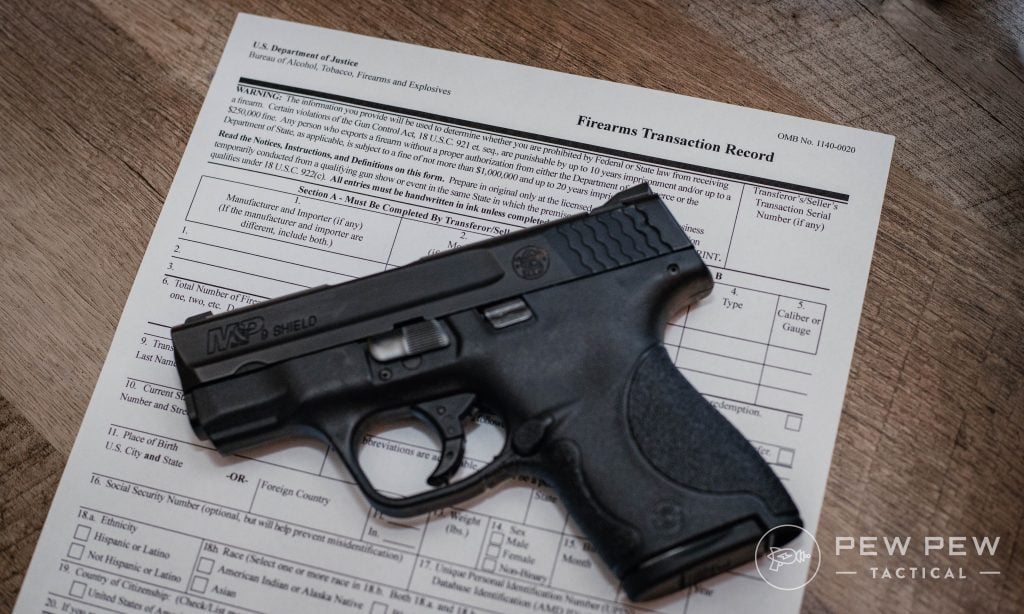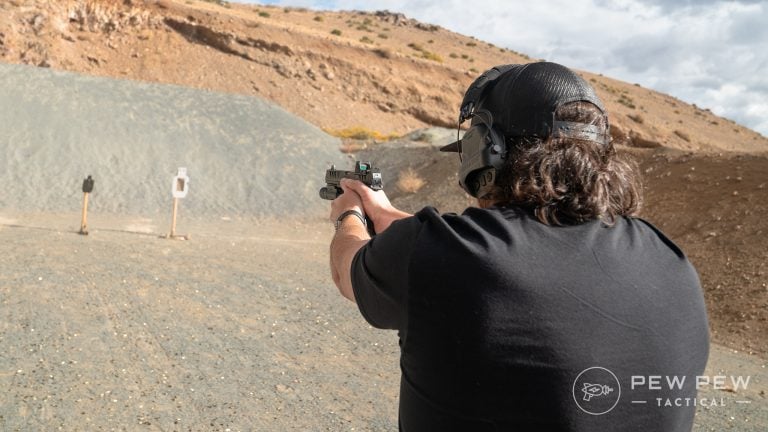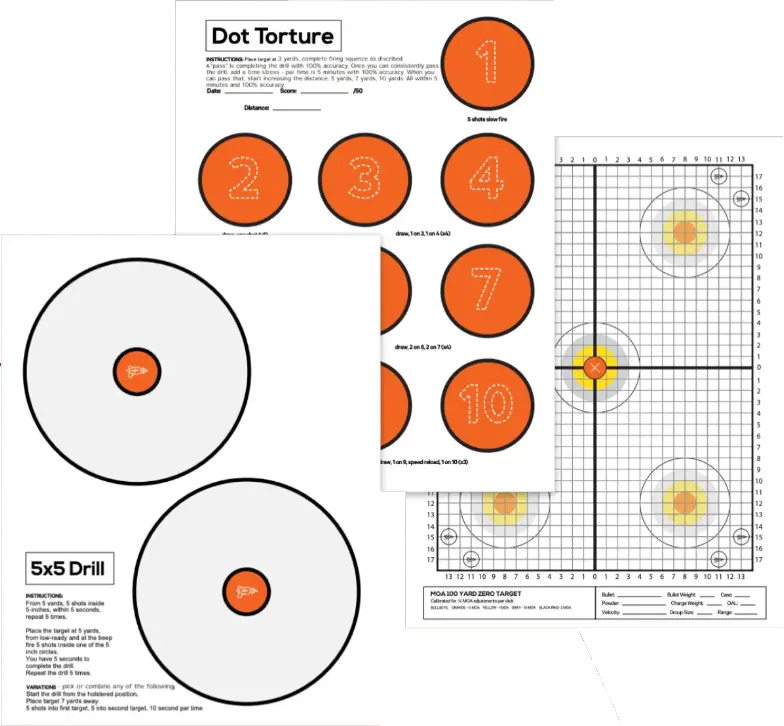On March 11, lawmakers in the U.S. Senate and House of Representatives introduced the Veterans 2nd Amendment Protection Act of 2025.
According to Senate Bill 478 and House Resolution 1041, “This bill prohibits the Department of Veterans Affairs (VA) from transmitting certain information to the National Instant Criminal Background Check System (NICS) utilized by licensed importers or dealers of firearms.
“Specifically, the bill prohibits the VA from transmitting personally identifying information of a veteran or a beneficiary to the NICS solely on the basis that such veteran or beneficiary has an appointed fiduciary to manage their benefits, unless there is an order or finding of a judicial authority that such veteran or beneficiary is a danger to themselves or others.”

The Senate bill is sponsored by Sen. John Kennedy (R-LA) and has 18 co-sponsors. The House bill is sponsored by Rep. Mike Bost (R-IL) and has 63 co-sponsors.
During an email interview with Pew Pew Tactical, Lt. Col. Jim Whaley (Ret.), CEO of the veteran advocacy group Mission Roll Call, explained how the VA’s current policies threaten veterans’ Second Amendment rights.
“The violation happens when the VA reports veterans to the FBI’s National Instant Criminal Background Check System (NICS) solely based on an administrative finding that they need help managing their VA benefits, usually through a fiduciary appointment,” Whaley said.
“There’s no court proceeding, no judicial oversight, and often no warning. This isn’t someone at the VA targeting veterans, it’s the result of a policy that’s been baked into the system for years. At best, it’s an unintended consequence of a bureaucratic process. At worst, it’s a violation of constitutional rights without due process.”

There are several circumstances that could trigger this kind of administrative action.
“This could be due to a variety of factors, such as struggling with paperwork, dealing with a traumatic brain injury, or simply needing financial help,” Whaley said. “However, once the VA designates a fiduciary, the veteran is often classified as “Adjudicated Mental Health” under the Department of Justice’s definition, which leads to their information being reported to NICS. This happens automatically, without any judicial review or hearing, and results in the veteran losing their Second Amendment rights, despite no court decision deeming them a danger to themselves or others.”
According to the FBI, the Department of Veterans Affairs has reported more names than any other federal agency – 199,454 veterans – to the NICS system on the grounds of adjudicated mental health since 1998. The FBI has only reported 1,948 individuals during the same period.
The majority of adjudicated mental health cases are reported by state agencies.
The current policy has significant downstream effects on veterans in addition to those directly impacted by the reporting procedure.

“The chilling effect is real,” Whaley said. “Veterans already face stigma just for reaching out for mental health care, and now many fear that doing so could cost them their Second Amendment rights.”
“That shouldn’t be the trade-off. This isn’t just about the right to bear arms – it is about due process, dignity, trust, and fairness. We’re punishing veterans for asking for help, and that’s exactly what keeps them from securing the care that they not only need but deserve.”
Pew Pew Tactical also reached out to Pete Kasperowicz, the VA press secretary, for comment on this legislation.
“VA fully supports veterans’ Second Amendment rights and strongly supports this legislation,” Kasperowicz said. “We thank Chairman Bost, Chairman Moran, and Senator Kennedy for their leadership on this issue.”
What do you think of the Veteran’s 2nd Amendment Protection Act? Let us know in the comments. Want to stay up on all the firearm industry news? Head over to our news section!









1 Leave a Reply
Legislation to allow crazy people to have guns. That's a good Democrat idea. And lets let them drive motor vehicles. News Flash: It takes a lot to be adjudicated that you need a representative payee. Oh yeah there's a lot of due process involved. And question (h) on ATF Form 4473, I guess they can lie and say they can't read. And John Kennedy: he backs anything if you pay him enough. He backed WEP/GPO repeal to bankrupt America. Kennedy is a total traitor. Sorry, I don't want crazy people with guns or cars. I don't believe traitors.